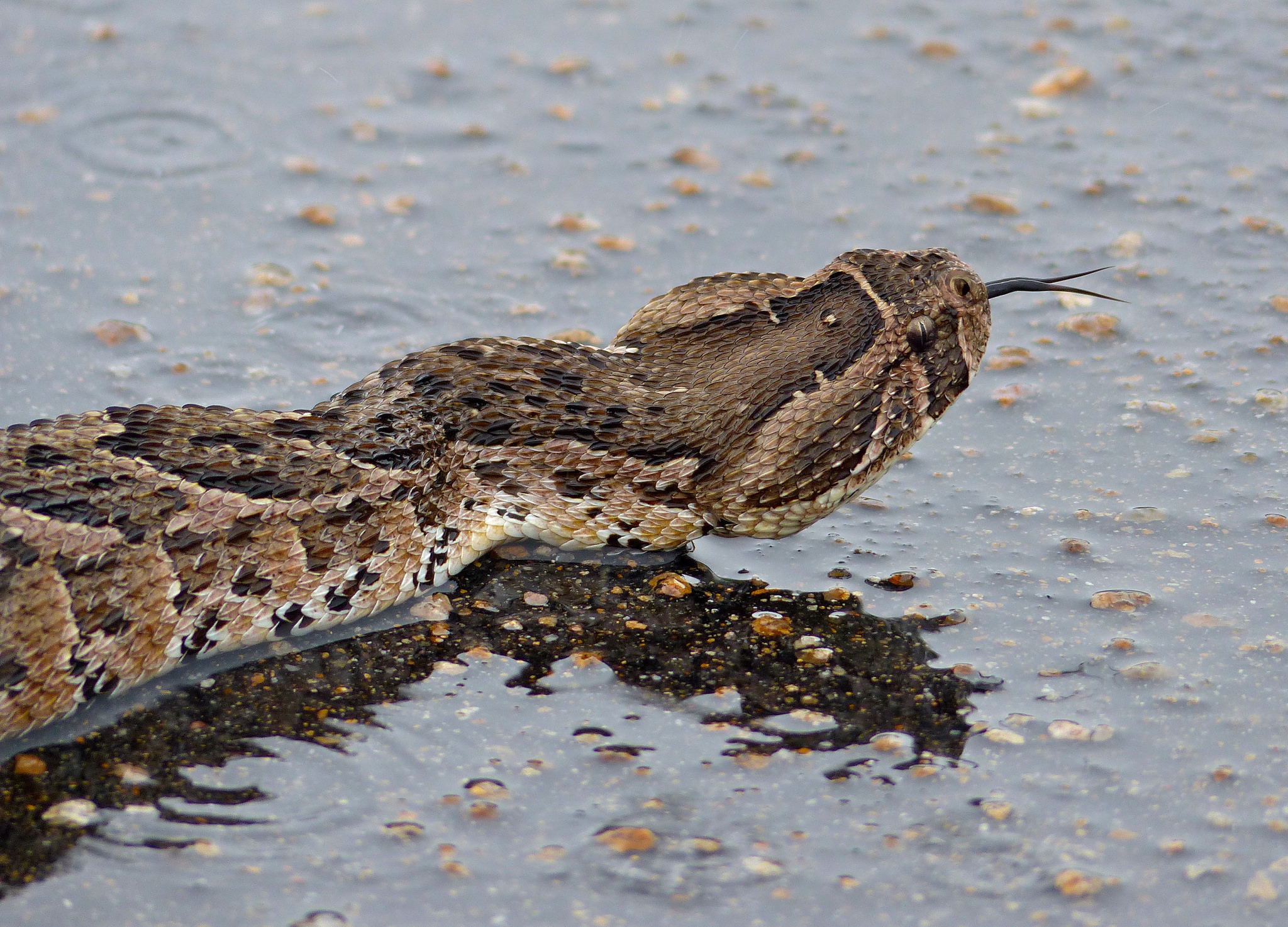
Snakebites are a major public health issue in sub-Saharan Africa. In this area, nearly one million envenomation (when venom is injected into one animal by another) cases occur causing more than 10,000 permanent disabilities and 20,000 deaths each year.
Although this is being investigated, the problem still remains largely neglected both by international organizations and administrative and health authorities including health personnel. It was calculated that using appropriate care and suitable antivenom, up to 80% of disabilities and deaths could be avoided.
Why this is important in Africa
The situation in Africa is crucial for several reasons.
The situation in Africa is crucial for several reasons. First, relevant analysis of available epidemiological data is needed.
Second, there are no antivenom manufacturers in Africa with the exception of two companies respectively in South Africa and Egypt that don’t export their products. As a consequence, contrary to Asian and American countries that manufacture their own antivenoms, those for Africa must be imported leading to high constraints and costs.
Third, training is no longer available on envenomation and the possible treatments in medical or nurse schools in Africa.
Finally, the distribution of antivenoms is scarce for multiple reasons explaining the vicious circle of the inaccessibility of antivenoms.
Envenomation by snakebites and scorpion stings
Since the 2000s, practitioners and researchers met regularly to exchange information and make recommendations with the aim of improving the management of snakebites and scorpion stings in Africa.
The African Society of Venimology (ASV) was created to address this disastrous situation. Since the 2000s, practitioners and researchers met regularly to exchange information and make recommendations with the aim of improving the management of snakebites and scorpion stings in Africa.
After several conferences since 2001, the ASV organized its 6th congress in Abidjan, Ivory Coast, June 1-5, 2015 in partnership with the Institut Pasteur of Côte d’Ivoire, where a snake farm has existed since 1975.
Several papers are published in this issue of JVATiTD. In Senegal, a study comparing various methods of collecting epidemiological data clarified their respective strengths and limitations.

In Burkina Faso, notification of snakebites showed that the incidence is higher than expected and distribution of antivenoms represented only 10% of that which was actually needed.
The incidence of snakebites in Morocco was certainly lower than the number of scorpion stings but their severity and clinical diversity is highlighted in the paper by Fouad et al.
In Benin, research demonstrated the value of ultrasonography in the diagnosis and treatment of bleedings complicating the envenomation by the snake species Echis ocellatus.
The congress has shown the commitment of specialists and health authorities to ensure the management of snakebites. Several countries have already offered state subsidy to reduce the cost of antivenom: in Burkina Faso, Cameroon, Togo, the price paid by the patient only represents 5-40% of the actual cost, and in some other countries, such as Nigeria and Côte d’Ivoire, antivenom is free.
Key recommendations of the meeting concerned the following:
- to improve epidemiological information to assess the quantitative and qualitative therapeutic needs
- to develop training of health staff in the management of envenomation
- to reinforce drug policy promoting the use of effective and safe antivenom
- to share the cost between the stakeholders in order to improve antivenom accessibility for the patients the incomes of which are generally low.
The organization of a Technical Briefing on snakebite and antivenoms at the upcoming 2016 World Health Assembly in May 2016 in Geneva, requested by several international organizations like Global Snakebite Initiative, Health Action International and Doctors Without Borders, has been strongly supported by the ASV.
This confirms that a page has just been turned and Africa is ready to take over this critical issue.
Comments